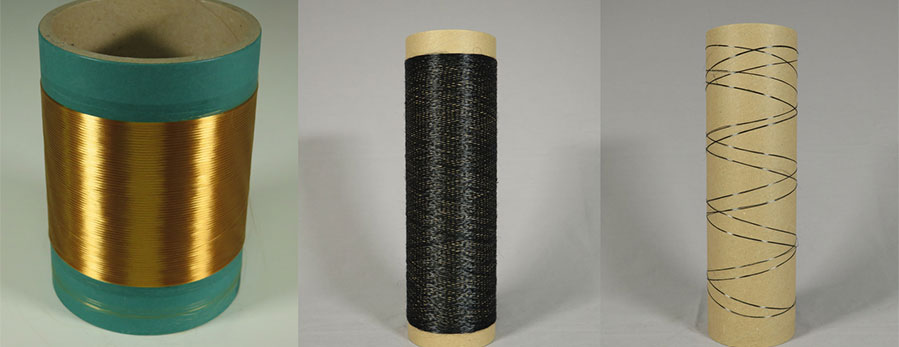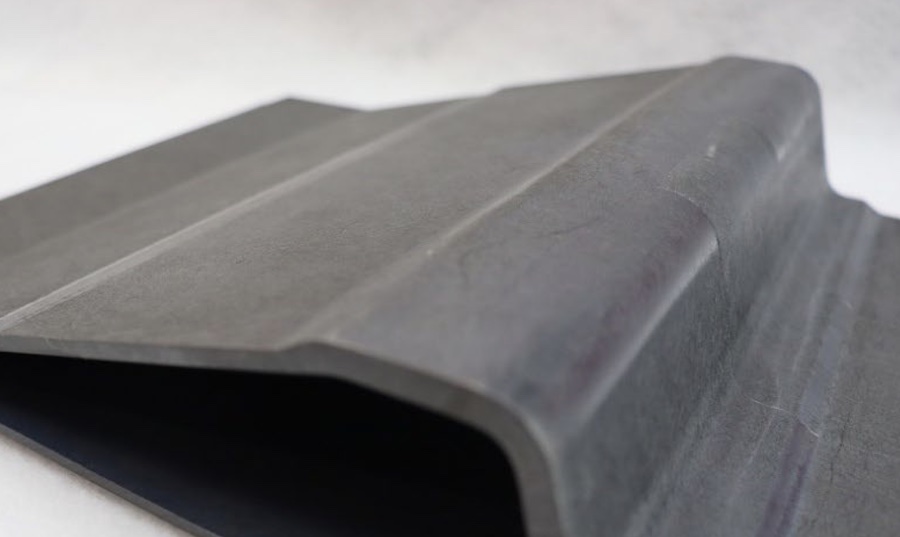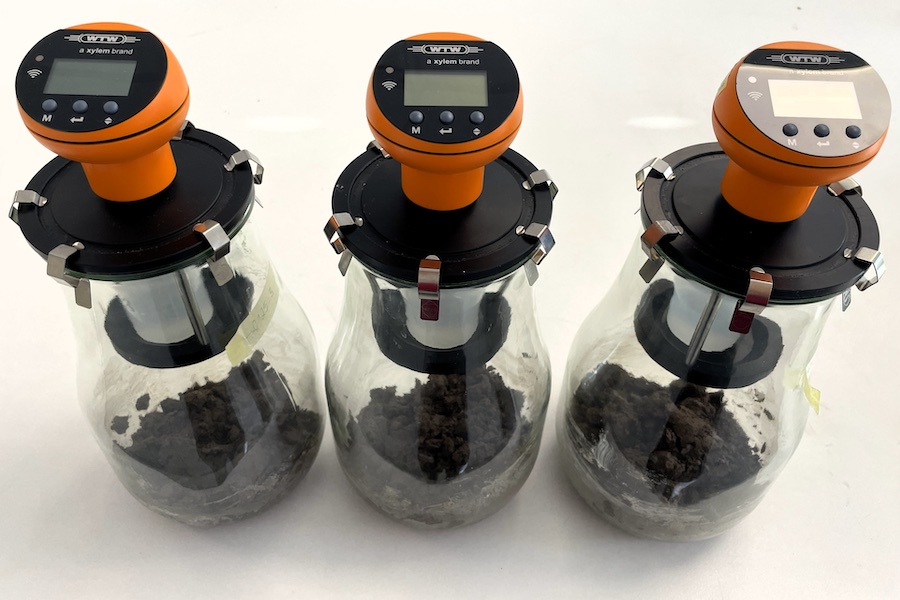#Research & Development
Carbon fibers from lignin - a new process for economical production

New raw material replaces established process
Carbon fibers are usually produced on an industrial scale from polyacrylonitrile (PAN). The stabilization and carbonization of the fibers takes place with long dwell times in high-temperature furnaces. This costs a lot of energy and makes the fibers expensive. In addition, toxic by-products are produced that have to be separated from the manufacturing process in a costly and energy-intensive process.
A novel process developed at DITF enables high energy savings in all these process steps. Lignin replaces polyacrylonitrile for the production of precursor fibers, which are converted into carbon fibers in a second process step. Lignin as a starting material for the production of carbon fibers has so far received little attention in industrial production. It is an inexpensive raw material that is available in large quantities and is a waste product in paper production.
New ways to carbon fiber
The new process for producing lignin fibers is based on an aqueous solution of lignin. For this purpose, wood is separated into its components lignin and cellulose. A sulfite digestion process enables the production of lignosulfonate, which is dissolved in water.
The spinning process itself is carried out in the so-called dry spinning process. In this process, an extruder presses the spinning mass through a nozzle into a heated spinning shaft. The resulting continuous fibers dry quickly and uniformly in the spinning shaft. Lignin fibers spun from an aqueous solution - this is a completely new and environmentally friendly approach, because the process does not require the use of solvents or toxic additives at all.
The following steps for the production of carbon fibers, namely stabilization in hot air and subsequent carbonization in the high-temperature furnace, are similar to those of the usual process when PAN is used as a precursor fiber. However, lignin fibers also show their advantages here, because they can be stabilized particularly quickly in the oven with hot air and only require relatively low temperatures in carbonization. The energy savings in these process steps compared with PAN are around 50% and represent a real competitive advantage.
Lignin fibers spun from water offer technical advantages
In the new process for producing lignin fibers, wood is first separated into its components lignin and cellulose. A sulfite digestion process enables the production of lignosulfonate, which is dissolved in water. An aqueous solution of lignin is then the starting material for spinning the fibers.
The dry spinning process allows high spinning speeds. As a result, much more material is produced in a shorter time than is possible with PAN fibers. This is another competitive advantage, which nevertheless does not allow any compromises to be made on the quality of the lignin precursor fibers: These are in fact extremely homogeneous, have smooth surfaces and no adhesions. Such structural features facilitate further processing into carbon fibers and ultimately also into fiber composites.
In summary, the precursor lignin fibers obtained in the new spinning process show clear advantages over PAN in terms of cost efficiency and environmental compatibility. The mechanical properties of the carbon fibers produced from them, on the other hand, are almost comparable - they are just as strong, resistant and light as is known from commercially available products.
Carbon fibers made from water-spun lignin fibers are likely to be of particular interest for applications in the construction and automotive sectors, which benefit greatly from cost reductions in the production process.

















